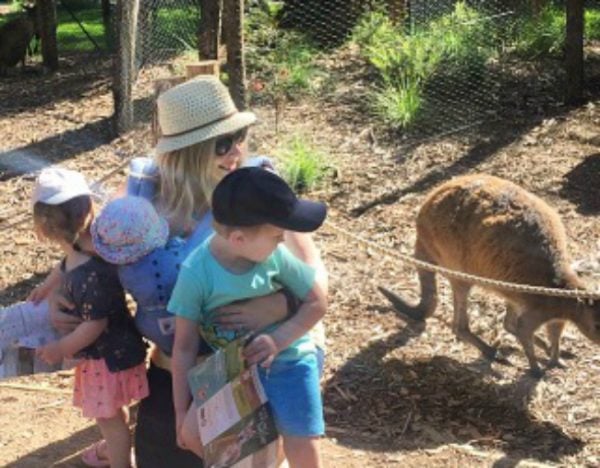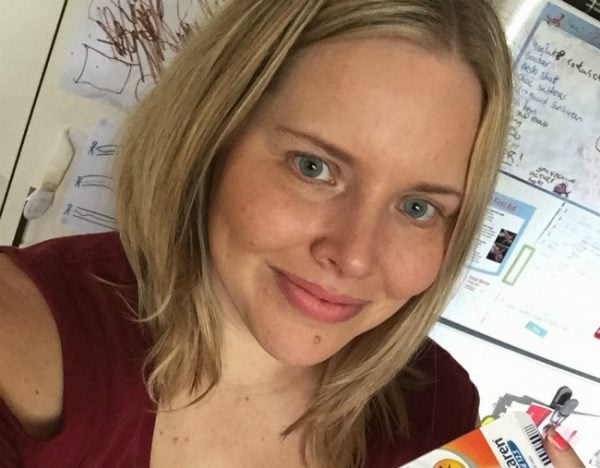Today marks one year since we got Jack’s formal autism diagnosis. Really we’d felt it in our hearts for a long time and not getting the diagnosis would have been more of a shock than the diagnosis itself. We had been there at the assessments, got the feedback, we knew it was coming.
Even when you know it in your heart there’s still something about the formality of a diagnosis that hits you for six. I remember driving home from the appointment quietly sobbing, realising that with no uncertain terms, Jack’s life would always be that little bit harder, and selfishly, that our life would always be that little bit harder, too. Looking back on that day with a future unknown, scarily looming in front, and no guidebook or crystal ball in sight, there’s a few things I’d love to tell my husband and I.
It’s okay to grieve the diagnosis. An autism spectrum disorder (ASD) diagnosis is a life for your child with more challenges, a world that is scary for them, overwhelming, and confusing. You are losing a tiny bit of you, and you are no longer just a parent, but a carer too. Despite the fact that you had been living with autism before it became final, it’s still an adjustment, and it’s okay to take your time adjusting.
When talking about the challenges of being an ASD parent, you don’t need to preface the sentence with ‘I love my child but…’. I would say this so many times on his hardest days, and saying it only made me feel more guilty for having my own battles. Of course I loved him. I’d give my life for him, but that doesn’t mean I didn’t deserve to vent and talk about my own feelings about the situation.



